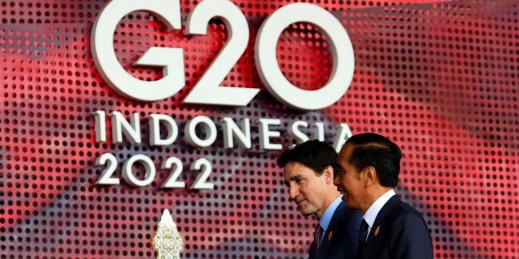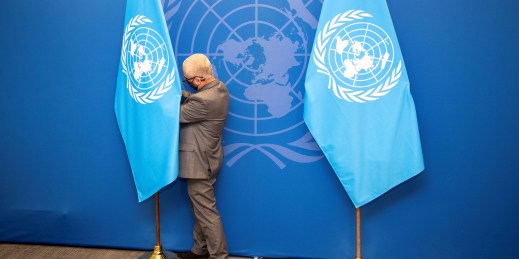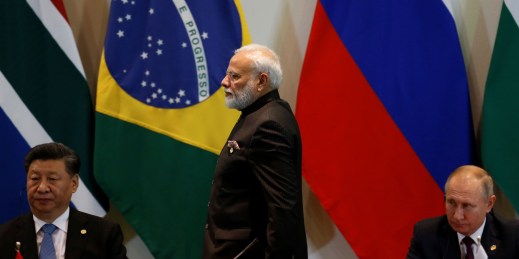
World leaders face a slew of multilateral summits over the coming month, including the BRICS meeting in South Africa, the G20 in India, and the UN General Assembly in New York. This rare convergence of top-tier international gatherings is a symptom of the increasing importance of high-level summitry in international diplomacy.





